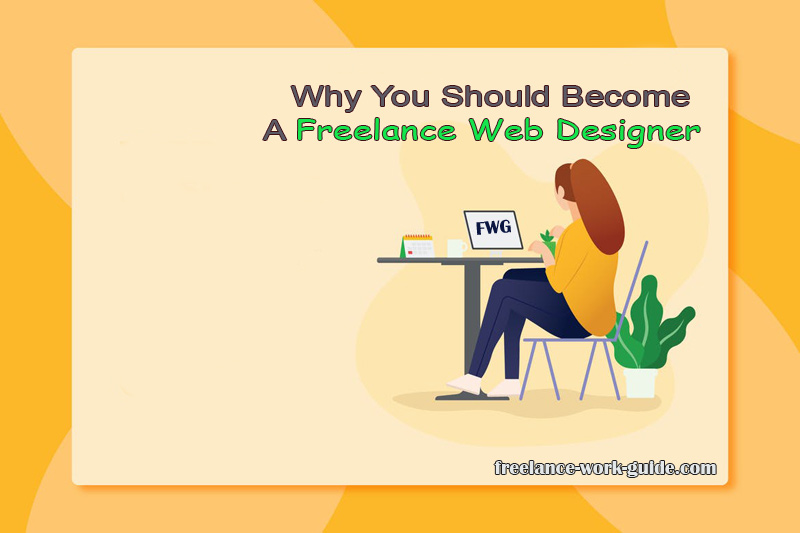
Creatives currently sometimes feel like they have been left by the wayside. While math’s and STEM subjects soar in popularity and value, many of the more creative, design and language-based studies are losing funding to the all-encompassing tech surge.
But, while actors may not be having the easiest time right now, there are certain creative disciplines that blend into technological sectors and are thus in increasingly high demand. Web design is one such discipline.
An amalgam of analytics, marketing and creative design, the craft of web design occupies a unique position in today’s job market. If you find yourself teetering between tech and design, it could be the ideal career for you.
A Tribe of Misfits
Many web developers have no formal qualifications. While some do decide early on to specialise in this field, a large proportion arrive by strange, meandering routes, choosing only at the last minute to become web designers.
What this means is not only is there a precedent for hiring less well-qualified web designers (who nonetheless have the skills), but also there is a wealth of information and resources out there for aspiring self-taught web designers.
It is by no means an easy task to become a full-fledged designer, and even once you have turned professional, you will have to continually work to stay on top of the business and design trends, but it is a process you can have complete control over.
For some, it is a way of keeping the job exciting, more akin to a paid hobby than a job per se.
You Will Be In High Demand
This is another crucial factor, perhaps the greatest advantage to becoming a web designer. Websites in 2021 are only becoming more and more important. To be commercially viable in the current climate, whether you are a small, medium, or large-sized business, you absolutely must have a good-looking, functional website.
As the worldwide web grows into a huge mass of links and portals, high-quality website design is needed now more than ever for rising above the competition and appearing higher in Google searches — a central pillar of B2C commerce. Companies of all types — local, national, and international — are looking for developers to give them that edge they need to surpass their competitors.
The value of an individual who understands style should not be underestimated. There are thousands of web designers out there, but there is still huge demand for creative designers with original work, as companies recognise that these designers can imbue a sense of flair within their website that will do wonders for their marketing image.
If you can develop your skills to the point where you can infuse websites with style and practical functionality, you will be a highly sought-after asset to businesses across the world.
Transferrable skills

There are few things worse than developing a set of skills for years, only to realise it is not quite the career you want for yourself, and then finding you have a plethora of talents that are rendered utterly useless. You will have no such predicament if you choose to become a web designer.
The skills web designers acquire can be transferred to almost any subcategory of B2C tech. Web developers have to learn to code, a skill that is ‘future-proof’ in terms of market value. You could veer off towards mobile app development, cryptocurrency trading, user experience design and many other analytic-driven areas of consumer-facing tech. This should help reassure you on late nights after your third cup of cold coffee when struggling for motivation; no hour of web design work is wasted.
Earning Potential

Up until a few years ago, web designers/developers were far from highly paid. Recently, however, salaries shot up significantly, particularly in the UK (catching up with higher US rates), and now a standard salary ranges from £40k-50k.
As a freelance, of course, your pay will depend on how much work you can secure and how effective you are at managing a client network, but the earning potential is significant, especially for those that specialise in sought-after coding languages like PHP, C# and .NET. What is more, a career as a web developer/designer can easily lead to other, better-paid jobs in tech. A User Interface web developer, for example, has a median salary of £100,000 in the UK.
This role, as well as many others in the tech sector, has seen a drastic increase in demand over the past few years, and progress does not show signs of stopping. Stepping into the shoes of a web designer could potentially carry you to one of these highly popular positions, but even if you stick with web design, the money is still impressive.
Independent, But Not Too Independent
One of the biggest concerns people have about freelance work is the solitude it brings. Yes, you can choose your hours, control your schedule, and map out your week in the way that suits you best, but ultimately a large chunk of your time is spent alone, punching away at keyboards, fending off insanity.
Independent app developers feel this most acutely. But as a freelance designer, you will be constantly liaising with clients, learning about their business, listening to their ideas, and incorporating their vision into the website. As such, you will be in regular contact with humanity, if only just to check in with clients and make sure everything is on track.
Many adults in the current time do not envy the position of the younger generation. The world seems more fraught with confusion than ever before, and the task of selecting a discipline out of the thousands that already exist (and the new fields that are constantly, newly emerging) can be daunting to say the least.
But, for those with creative inclinations that still want to carve a well-paid career path, spare a moment to look at freelance web design — it may well fit your job criteria to a T.
Author Bio:
Theo Reilly is an independent content writer for Koreti whose goal is to counteract stale writing in business blogs. Theo has particular interest in business and marketing-related matters surrounding the online world, web design, exhibitions, and events.















